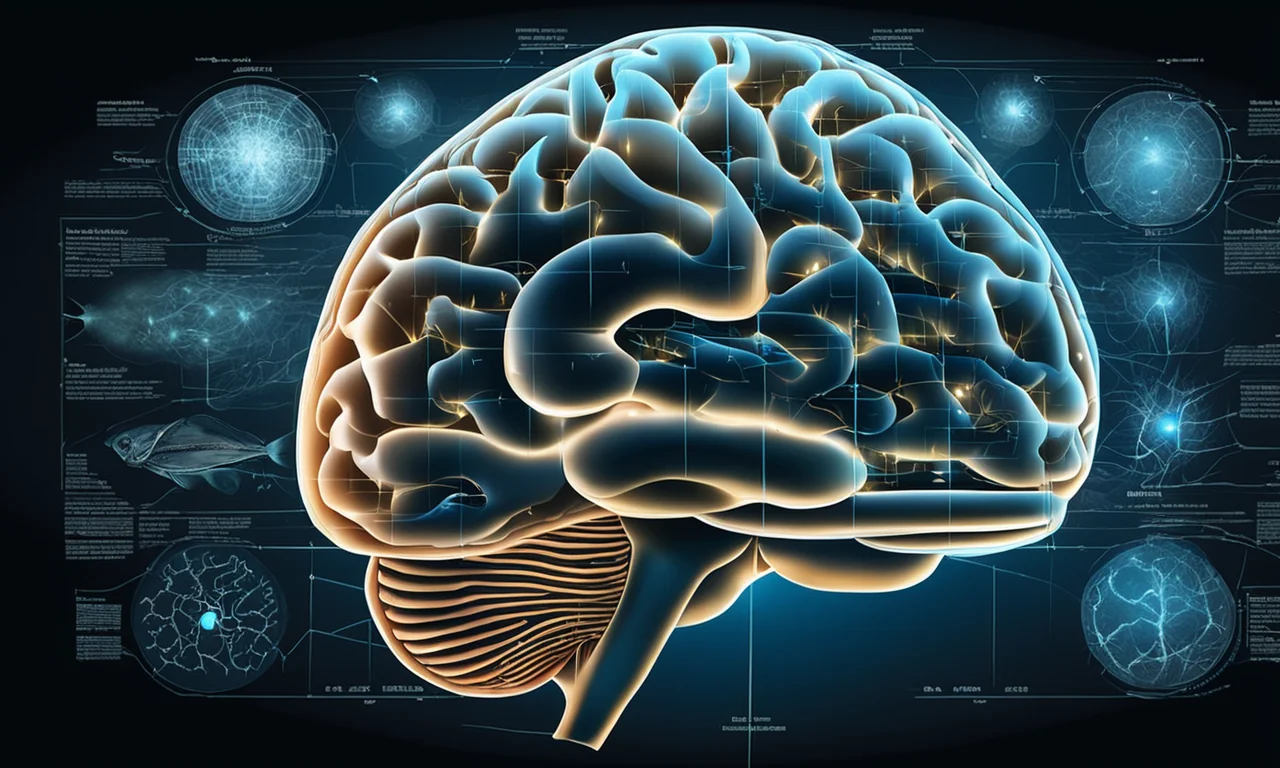
Late-Life Obesity Linked to Lower Dementia Risk in New Study
Emerging research on brain health and climate disruption sparks urgent debate on June scientific findings
Today's r/science discussions reveal a dynamic cross-section of scientific inquiry, with users engaging deeply on topics ranging from neurological health and psychological development to environmental disruption and social behavior. The day's top posts highlight both the promise and complexity of new research, as well as the community's thoughtful skepticism and personal connections to scientific findings.
Advances and Paradoxes in Brain Health
Breakthroughs in dementia and memory research captured the attention of the subreddit, with two studies sparking conversation about both risk factors and new diagnostic tools. The so-called obesity paradox suggests that higher weight in late life may signal lower dementia risk, though community members were quick to highlight the nuances and caveats. As one user emphasized:
“...the design of the study does not allow any causal inferences... higher weight in late life should not be interpreted as protective per se, nor should normal weight be viewed as inherently risky.”
Meanwhile, a three-minute brainwave test offers hope for early detection of Alzheimer's, potentially enabling more targeted interventions. This optimism is echoed in research showing a “master switch” brain protein could help reverse age-related memory loss, underscoring the community's interest in both prevention and restoration of cognitive function.
The discussion also explored the application of artificial intelligence, with posts on AI detecting consciousness in comatose patients. This innovation not only reveals hidden signs of recovery but also prompts important ethical questions about patient care and decision-making.
Mental Health, Childhood Experience, and Personality
Mental health emerged as a major theme, with users reflecting on research linking childhood coercive control and domestic violence to adult psychiatric disorders. Personal anecdotes and top comments underscored the lasting impact of non-physical abuse and the importance of trauma-informed interventions. The intersection of mental health and personality was further explored in studies connecting ADHD symptoms to personality traits in adolescents, sparking discussion about executive functioning and emotional regulation.
Research on insomnia and medical cannabis, as discussed in community threads, highlighted both the promise and limitations of alternative treatments for sleep and mood disorders. The nuanced conversations reflect a community eager to balance hope with scientific rigor:
“Improvements in sleep and other symptoms were observed after one month of treatment and continued over the 18-month course of the study. However, the magnitude of improvement declined over time, suggesting that some participants may develop tolerance.”
Social science also made its mark, with research indicating that women favor sweet actions over sweet words in romantic relationships, and posts examining how political prosecutions affect public opinion—highlighting the complex ways trust, perception, and media shape our beliefs.
Climate Change and Environmental Disruption
The community's concern for the planet was palpable in discussions about the disappearance of Panama's seasonal ocean upwelling, a phenomenon that signals both local and global climate vulnerability. Users contextualized the event within broader oceanographic patterns, emphasizing the interconnectedness of climate systems and the urgent need for better monitoring.
These conversations reflect a growing awareness of how environmental shifts directly impact ecosystems and human livelihoods, echoing calls for interdisciplinary research and policy action.
Across today's r/science discussions, the community demonstrated a keen ability to synthesize complex research, challenge assumptions, and connect scientific advances to real-world concerns. Whether exploring the intricacies of brain health, the lifelong consequences of childhood adversity, or the unpredictable effects of climate change, users continue to push for understanding grounded in both evidence and empathy.
Sources
- Overweight people had a 14% lower risk of developing dementia compared to those with normal weight, while obese participants had a 19% lower risk. However, those who lost weight from midlife to late life had an increased risk of dementia. This is the so-called obesity paradox. by @mvea
- Donald Trump's criminal prosecution in 2024 had strikingly limited effects on public opinion. It did caused sharp backlash against the prosecutor among Trump supporters. When citizens hold strong prior beliefs about an accused leader, prosecutions have strikingly limited effects on public opinion. by @mvea
- Insomnia patients using medical cannabis reported improved sleep quality and reduced anxiety, depression, and pain, according to a new study tracking 125 patients for 18 months by @nohup_me
- Children who experience coercive control face an increased risk of developing a mental illness in adulthood. Women with childhood experiences of domestic violence showed the highest prevalence of PTSD, generalised anxiety disorder, major depressive disorder and were more likely to attempt suicide by @Wagamaga
- A three-minute brainwave test can detect memory problems linked to Alzheimers disease long before people are typically diagnosed, raising hopes that the approach could help identify those most likely to benefit from new drugs for the condition. by @mvea
- Researchers found that they could detect signs of consciousness in comatose patients by using artificial intelligence to analyze facial movements that were too small to be noticed by clinicians. Their findings were published in Communications Medicine. by @scientificamerican
- 'Master switch' brain protein could reverse age-related memory loss Researchers found that lowering levels of a protein (FTL1) linked to iron in the brain in older mice could be a new way to reverse memory loss by @chrisdh79
- The Ocean Stopped Breathing Off Panamas Shores. Between December and April this year sea surface temperatures stayed warmer, biological productivity waned, and a predictable seasonal pattern that coastal communities have relied on for millennia simply disappeared. by @Wagamaga
- Study finds women tend to favor sweet actions over sweet words in romantic partners This preference appears to be tied to how women and men differently perceive warmth and trustworthiness in potential partners. by @chrisdh79
- ADHD symptoms linked to personality traits in 1015-year-olds, study finds. Children with higher Aggressiveness, Neuroticism, and Negative Valence had more severe symptoms, while those higher in Conscientiousness had fewer. by @False_Feature_8497
Every subreddit has human stories worth sharing. - Jamie Sullivan